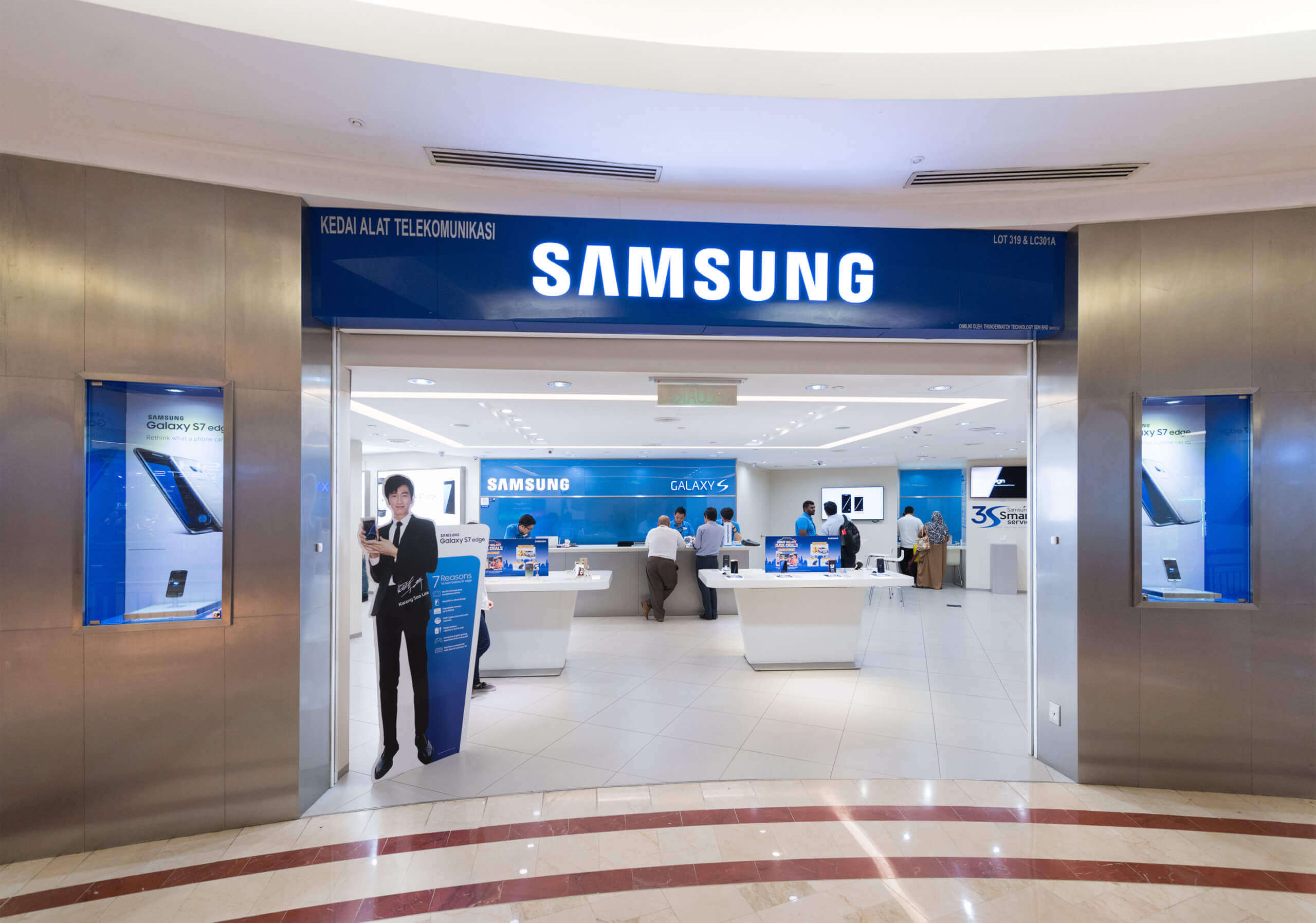Samsung Electronics Co. Ltd. will put ₩7 trillion ($5.02 billion) into green initiatives over the next seven-and-a-half years as part of its efforts to achieve carbon neutrality by 2050.
The South Korean tech giant plans to invest in carbon capture and storage as well as measures to cut water consumption and gas release during semiconductor production.
The new strategy also includes work to increase the energy efficiency of its products and improvements to the e-waste recycling process.
Samsung has made the reduction of direct emissions a priority, although it will consider using offsets in voluntary carbon markets.
Challenges Ahead
Samsung plans to implement the changes soon to make its Device eXperience (DX) Division, which manages TVs and home appliances, carbon neutral by 2030. The DX Division accounted for 10% of the company’s greenhouse gas emissions in 2021.
In addition, the Suwon-si-based firm intends to have its overseas manufacturing plants powered by renewable electricity within five years. However, Samsung said it can’t yet set a similar goal for its domestic factories that consume the most energy and represent most of the output.
The reason behind that is the limited availability of clean energy at its home, which is heavily reliant on fossil fuels that are almost entirely imported due to the lack of domestic natural resources.
While South Korea looks to achieve net zero carbon emissions by 2050, analysts find this tricky to do for a country with an important heavy industry, including shipbuilding and steel.
As South Korea’s largest electricity consumer, Samsung’s biggest challenge is the nation’s grid.
In 2021, fossil fuels represented over 65% of the country’s electricity output, and certain proposals are being reviewed to cut plans for additional renewables as South Korean President Yoon Suk-yeol pushes for nuclear power.
Data from the industry ministry showed that renewables only account for 6% of South Korea’s electricity generation.
The company has recently seen higher emissions after adding new semiconductor manufacturing lines. For Samsung’s chip factories and other manufacturers in the country, steady and affordable energy is vital to maintaining competitiveness.










